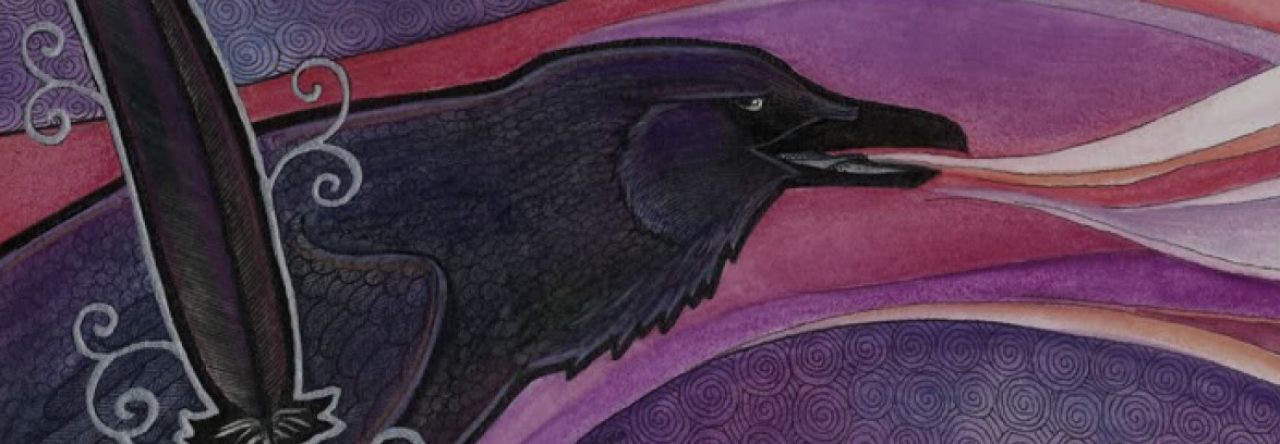
A darkly funny novel of romantic love and cultural warfare from one of Australia’s most admired Indigenous voices.
When Jo Breen uses her divorce settlement to buy a neglected property in the Byron Bay hinterland, she is hoping for a tree change, and a blossoming connection to the land of her Aboriginal ancestors. What she discovers instead is sharp dissent from her teenage daughter, trouble brewing from unimpressed white neighbours and a looming Native Title war between the local Bundjalung families. When Jo unexpectedly finds love on one side of the Native Title divide she quickly learns that living on country is only part of the recipe for the Good Life.
I’m not going to put anyone in suspense here. I loved this book. No, I loved this book.
One of the things I’ve tried to do with my reading for the Australian Women Writers’ Challenge is to expand beyond the normal limits of my reading – which, for me, means picking up more non-speculative work, and especially trying to pick up works by Indigenous authors.
Side note: I’m finding myself staring at the cover of Mullumbimby as I’m typing this. The image of a bird’s nest woven from barbed wire, but lined with soft feathers and leaves for the baby birds, is one of the strongest in the book. For me, that single image sums up many of the themes in the book: Jo’s personal struggles as she fights to make her place on her own piece of land, her relationship with her daughter and with the man who comes into her life, Twoboy, and the greater battle Indigenous Australians fight for Native Title, the rights to the land that they believe is theirs by right and that was stolen from them.
Jo Breen is an incredible character. From the moment she steps foot onto the page she is living and breathing as she fights to establish her farm. Her love for the land, her daughter and her horses is so incredibly strong, aptly mirroring the strong ties that many Indigenous Australians feel to their native land.
Some reviewers have complained about the choice Lucashenko made to incorporate Bundjalung dialect into the book, but I felt that it served to give the story even more power. A glossary is provided at the back of the book for those who need it, but I found that Lucashenko’s writing was almost always good enough to divine the meanings of words unknown to me simply by their context. It’s possible that non-Australian writers may struggle slightly more with this, since both landscape and language could potentially both be unfamiliar. In particular, I believe that the use of dialect highlighted the fact that I, as a white Australian reader, was oftentimes being given a look into a world that both was and was not mine.
There are many extraordinarily powerful moments in this book. Jo as she works to maintain the cemetary, even as she returns exhausted from that work to wrestle returning her own land to health. The aforementioned bird’s nest, and the things that Jo experiences in the bush, evidence of the ancient spiritual connections of her bloodline to the land. All of this works to highlight some of the separation that Jo feels to her own past, which mirrors the breaking of much of Indigenous Australia with the land.
There is heartbreak, and there is struggle and loss as Jo fights for her place in the world. But at the end, Mullumbimby also gives much hope. Lucashenko should be commended for the sensitive manner in which she deals with major issues relating to Indigenous Australia.
This is a book that I highly, highly recommend to anyone living within Australia, or with a desire to learn more about this country.

Ju
I’m not usually one for non-speculative work, but your review really makes me want to read this book. Thank you!